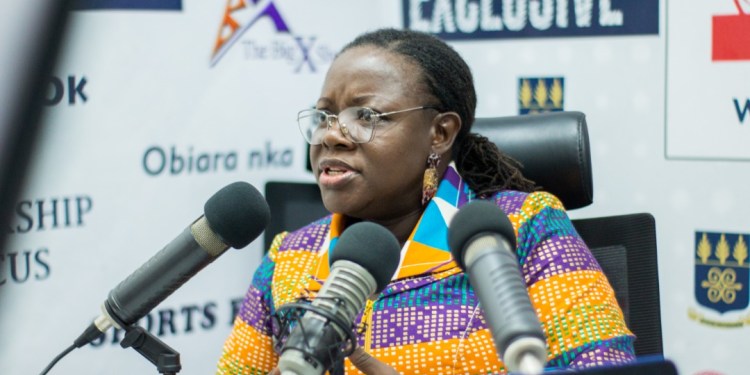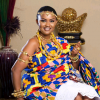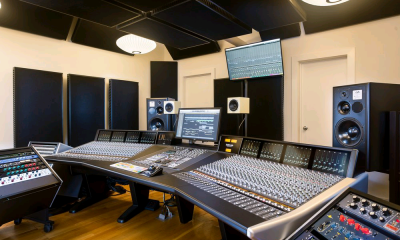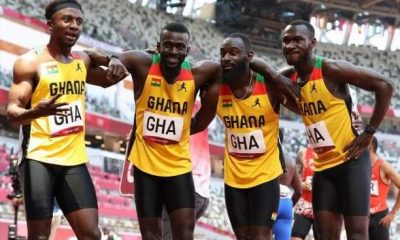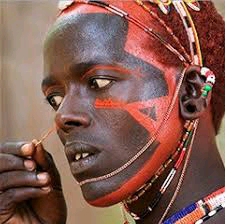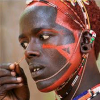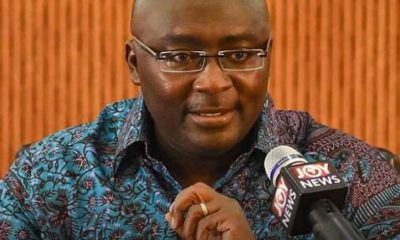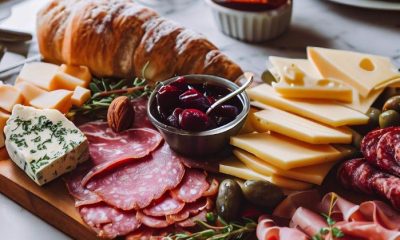Opinion
“Coronally speaking, covidly inspired” -Prof. Nana Aba Appiah Amfo writes
COVID-19 seemed a faraway disease when it emerged in Wuhan in December 2019. Even when it crossed over to Europe and other parts of the western world, we prayed, hoped and wished it away, whenever we gave it some thought.
Claims that the virus would not be able to survive in the hot sub-Saharan African sun comforted us.
However, all of these started to change when Ghana recorded its first two positive cases on March 12, 2020. Very quickly our reality changed and so did our vocabulary.
Vocabulary
We learnt and were enriched with words and phrases which were previously alien to many of us, or at best distant. We could not have a meaningful conversation without observing physical distancing and following hygiene protocols, such as washing our hands with soap under running water or constantly rubbing them with alcohol-based hand sanitisers.
Suddenly, our contact tracing list became unwinding, as we put COVID-19 patients in isolation, even if they were asymptomatic and asked those who had recently returned from abroad to self-quarantine or go into mandatory quarantine.
On the global stage, we had moved from an epidemic to a pandemic and travel restrictions had become the order of the day. Our imported cases were quickly outnumbered by the cases resulting from community spread.
Some people on contact tracing lists suddenly became ‘suspects’, and I recollect someone describing one of the first two patients as a ‘culprit’.
Inmates?
Persons in isolation centres were, in some instances, referred to as ‘inmates’. That single virus had the power to turn us into public health enthusiasts, yet we appeared merciless and viewed potential patients with suspicion, as we would do criminals and stigmatised them, accordingly.
As we looked at the numbers and the graphs, we wondered how we could flatten our curve and get our children back to school. As the pandemic raged on, the misinfodemic continued unabated on social media.
It quickly dawned on us that we had to skip non-essential travel, and even restrict physical office attendance to essential workers. We re-aligned our categorisations so we could all become frontline workers to enjoy some tax reprieves, even though we obviously knew who the real front-liners were.
With looming lockdowns, we all turned into covidiots, hoarding as much food and toilet paper as we could. From our President through to health experts and self-styled social commentators who came into our homes, with or without our permission, everyone talked about this fight that we had been confronted with.
In desperation, the UN Secretary-General said, “We are at war with a virus and not winning it”. However, our President, like some other world leaders, assured us that we could fight the virus using science and data, strategising with lockdowns, aggressive tracing, testing, isolation and treatment (TTIT), physical distancing, regular handwashing with soap, under running water and my new favourite – the wearing of nose masks.
Nose masks
Nose masks quickly moved from being an essential item on the PPE list of a health worker to an essential item in everyone’s wardrobe. Fashionistas quickly got matching face masks for every colour of dress they planned to wear, while schools and organisations sought to get branded ones, in an attempt to enhance their corporate images even in the midst of a pitiless pandemic.
Indeed, it was suggested that the nose and mouth had become the new private parts and you dared not step out without covering them.
Forget whatever your mum told you when you were growing up.
Perhaps the most vivid imagery created in my mind happened when in reporting the first case of COVID-19 in the Upper West Region, the Regional Minister, in sombre reflection, announced at a news conference that “the virginity of the Upper West Region with regard to COVID-19 has been broken”.
Two moons
It has been almost two moons since we recorded our first imported cases. Since then we have seen a lot more locally transmitted cases than imported ones.
We have restricted movements, we have locked down, we have closed churches and mosques, and we have stopped partying.
Our schools and churches have zoomed online, even so, our funerals. We have learnt to love without hugs and kisses, greet without handshakes, and mourn without crowds.
Once our virginity got broken, there was no getting it back, we learnt to live without our innocence, clamouring and yet waiting impatiently for the day when we can embrace again, a day that seems separated from us by many more nights.
Source: Prof. Nana Aba Appiah Amfo, Pro Vice-Chancellor, University of Ghana, Legon

